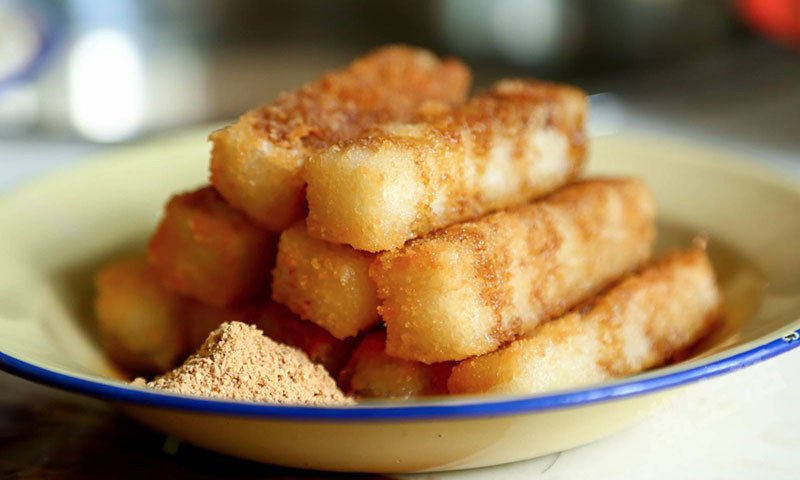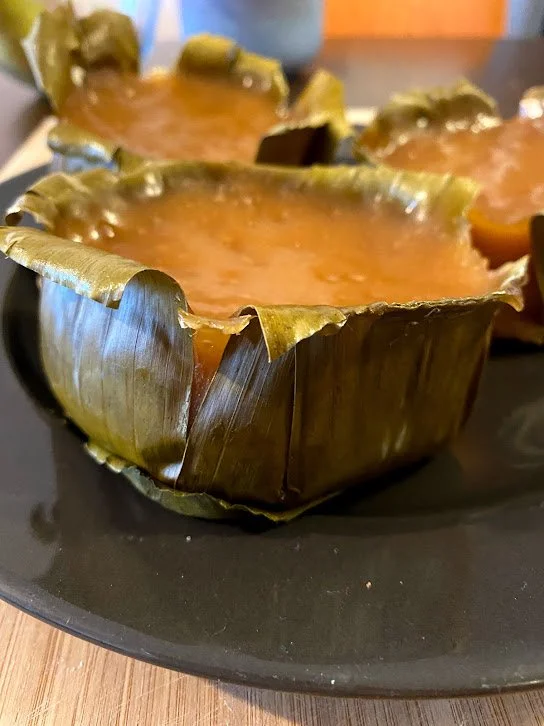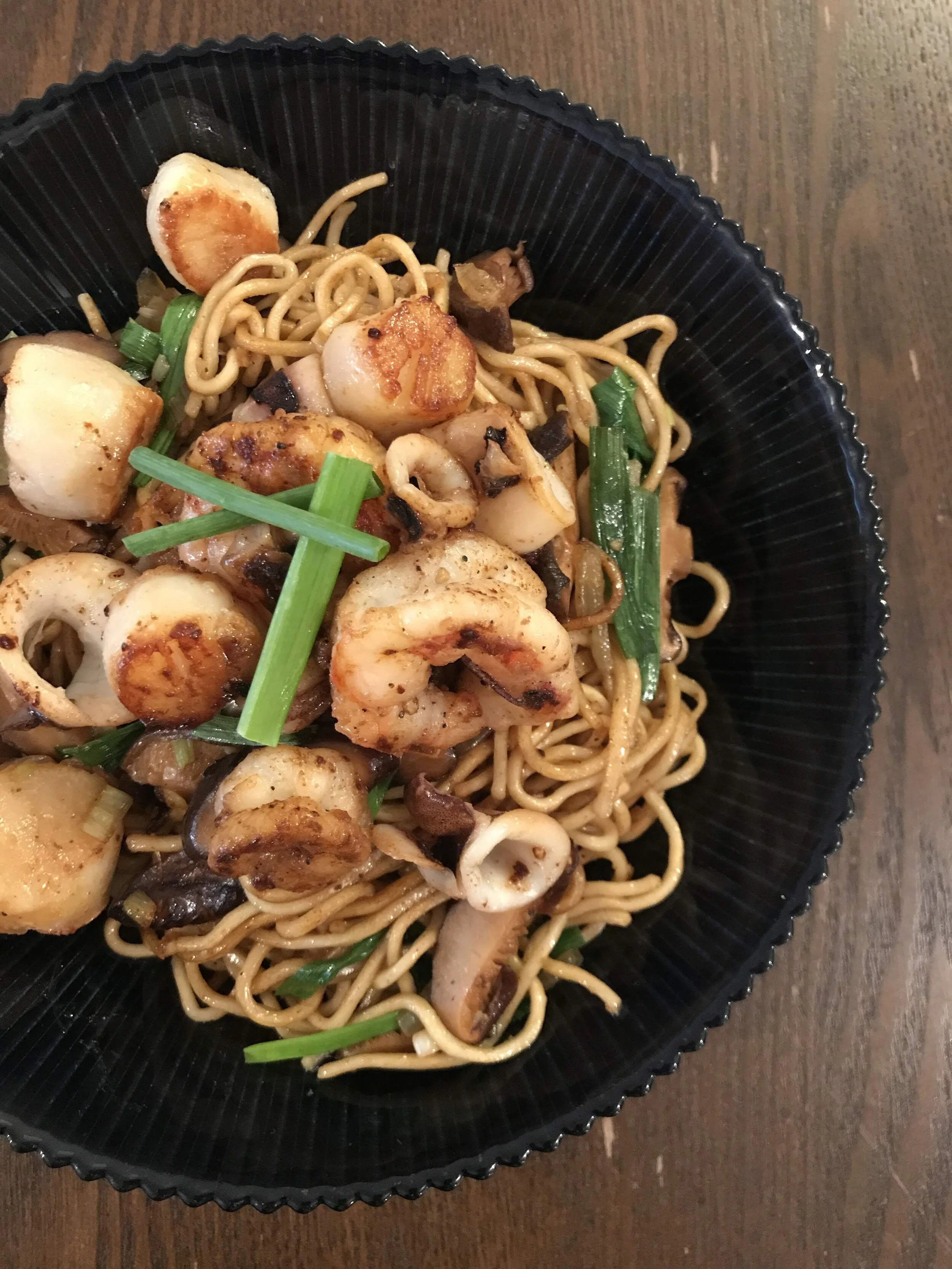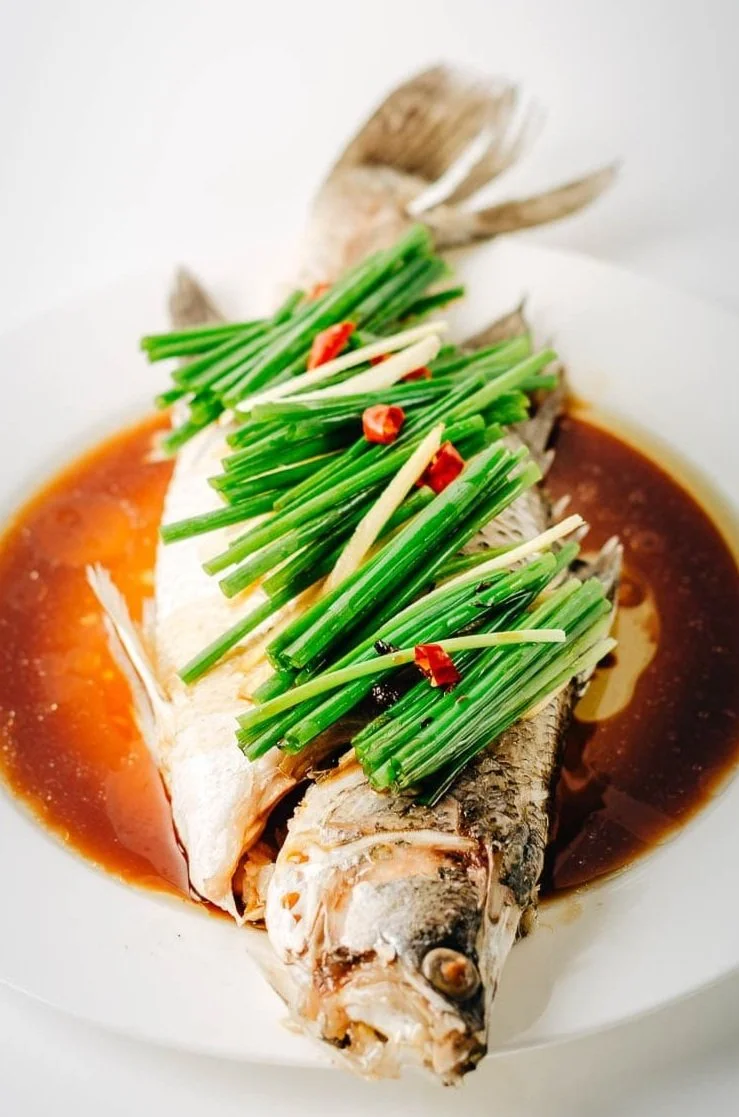Chinese New Year Food Culture
Chinese New Year (新年) is also called Spring Festival (春节)or the Lunar New Year, is the festival that celebrates the beginning of a new year on the traditional lunisolar Chinese calendar. In Chinese culture and east asian countries, the festival is commonly referred to as Spring Festival (Chinese:春节) as the spring season in the lunisolar calendar traditionally starts with lichun, the first of the twenty-four solar terms which the festival celebrates around the time of the Lunar New Year. Marking the end of winter and the beginning of the spring season, observances traditionally take place from New Year’s Eve, the evening preceding the first day of the year to the Lantern Festival, held on the 15th day of the year. The first day of Chinese New Year begins on the new moon that appears between 21 January and 20 February.
Traditional food for spring festival:
Family is the basis of the Chinese society, which is seen through the significance placed on the New Year’s Eve dinner (年夜饭 / Nián yèfàn) or Reunion dinner (团年饭 / tuán niánfàn).
In Chinese customs, there are 7 lucky foods to eat during Chinese New Year:
Fish representing an increase in prosperity
Dumplings representing wealth
Spring Rolls representing wealth
Tangyuan (Sweet rice balls) representing family togetherness
Good Fortune Fruit (mandarin oranges) representing fullness and wealth
Niangao (Glutinous Rice Cake) representing a higher income or position in your career
Longevity Noodles representing happiness and longevity
SWEET STICKY RICE CAKE
In China, spring festival (in Chinese: Chuan (spring), Jie(festival)) is the biggest and most important time to celebrate. However, we celebrate the International New Year as well. This is called in Chinese Yuan(The beginning)dan (the day) jie (festival).
In the first day of the year, we give the best wishes to our family and friends, and the meal of the day has also their meaning.
Sticky rice in Chinese is Nian ( year) Gao(high), that signifies that we can be better and better, go higher and higher throughout the year.
DUMPLINGS
Now lets talk about these classic chinese dumplings. In Chinese, dumplings 饺子 (jiǎo zi) sounds like 交子 (jiāo zi). 交 (Jiāo) means “exchange” and 子 (zi) is the midnight hour. Put together, jiāo zi is the exchange between the old and new year. All dumplings should be wrapped at this time. By eating dumplings, you are sending away the old and welcoming the new and a fun fact, chinese dumplings look like a moon or gold ingot which represents the meaning of reunion and unity bringing wealth and treasure.
SPRING ROLLS
Eating spring rolls is a way to welcome the arrival of spring. The golden cylindrical-shaped rolls represent gold bars — which symbolize wealth
GLUTINOUS RICE CAKE
Nian gao, or 'year cake', is a sticky rice cake which represents prosperity; the words 'nian gao' sounds like 'getting higher year on year', and this symbolises raising oneself taller in each coming year.
HOT POT
For many, hotpot is the centerpiece of Spring Festival dinners.
LONGEVITY NOODLES
These noodles represent long life in Chinese heritage and tradition has it that you should eat noodles for longevity and happiness.
Fish
An increase in prosperity, This dish symbolizes fortune and good wishes and has a number of superstitions associated with it. 鱼 (yu), the Chinese word for fish, is a homophone for the word surplus 余 (yu). As you can see, fish and surplus have different Chinese characters, but phonetically, they sound the same, lending thoughts and hopes for surplus for the new year when consuming fish. A white fish is bought live from a tank (if possible), marinated with a light salt rub and shaoxing wine, and then steamed whole with ginger and scallions. It can then be flash fried with hot infused oil too. The douse of hot oil does confer a wonderful fragrance to the fish.
Rui, from Hangzhou China, a city located in the South East of China, a city well known for fresh steamed fish directly from our lake. Rui is in the business of export sales of french wine and she is always passionate in the food wine pairing .
王晨
Wang Chen is from a small city called Yancheng near Shanghai, China. She is currently doing her Masters in France. Her favourite Chinese New Year food is definitely dumplings made by her mum, using 5 different kind of vegetables, eggs and meat with different flavours. Since she was a kid, Spring Festival is one of the most celebrated festival that she always look forward to.









